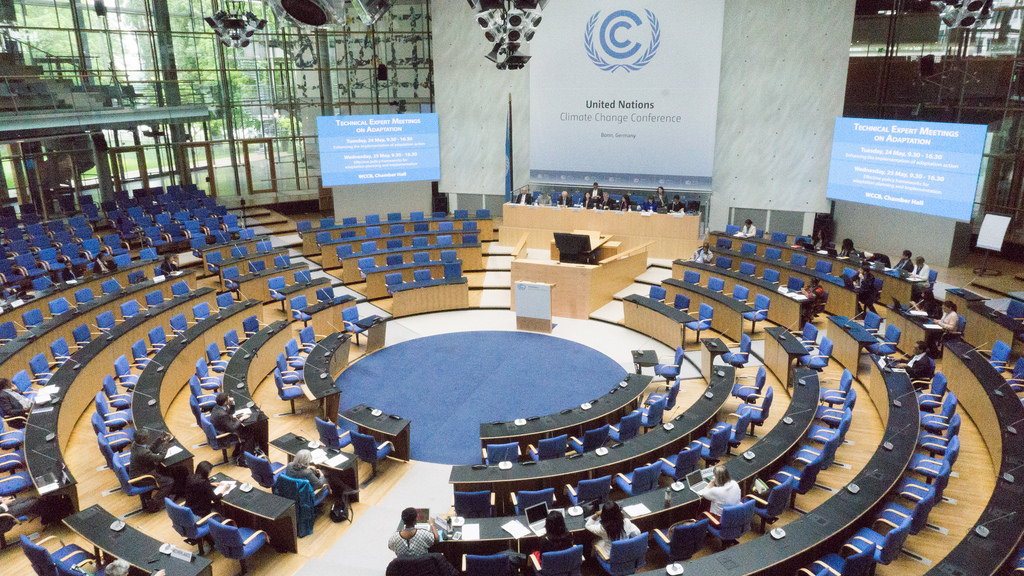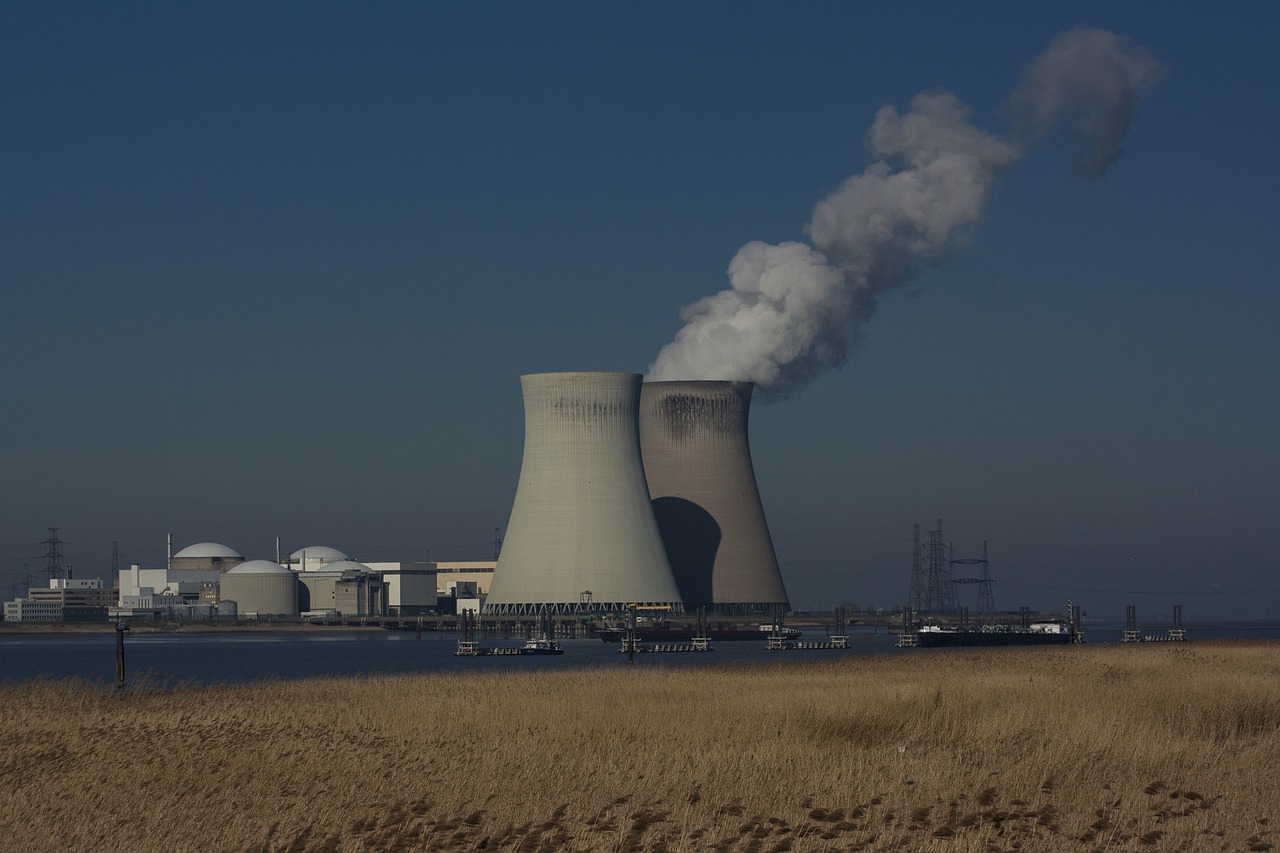The paradise paradox: Maldives, a sinking country?
- Environment and Energy, Human Rights and Migration, Op-ed
- 24/03/2019

At the end of 2015 the world was full of hope. After 23 years of postponing, staling and log-rolling, we finally had a global agreement on climate change. Even countries that had long been skeptical about global warming, like the US and China, were ready to take action. The world community promised to keep global warming well below 2°C. It finally looked like states, citizens and businesses would be taking the right path.
READ MORE
By committing itself to making trees and green infrastructure a part of its scenery, Paris can bring colours back to a grey city.
READ MORE
Throughout the European Union, local, regional and national authorities are confronted with a myriad of complex challenges in relation to urban, economic and sustainability concerns. Such pressing issues include the need to ensure biodiversity conservation and ecosystem services. The concept of ‘green infrastructure’ (GI) has come to the fore within policy circles in recent years and is seen as a vital cog within the EU’s continued efforts to attain its conservation, climate & energy targets for 2020 and beyond.
READ MORE
We are in the midst of the 22nd session of the Conference of the Parties (COP 22) to the UNFCCC which is scheduled to take place from 7-18 November 2016 in Marrakech, Morocco. During COP 22, parties will begin preparations for the entry into force of the Paris Agreement. The agreement adopted last December to limit global temperature increase below 2C. This reduction can only be achieved through a significant reduction in the emission of greenhouse gases caused mainly by burning of fossil fuels.
READ MORE
The terrifyingly bad-value Hinkley Point C deal based on out-dated renewables projections and unproven nuclear technology offers an already archaic answer to a problem that could be solved with ever- cheaper alternative renewables. Instead, affirmation of the nuclear renaissance for the UK demonstrates a desperate grasp at international cooperation in the wake of Brexit.
READ MORE
The Comprehensive Economic and Trade Agreement between EU and Canada promises to create a better business environment on both sides of the Atlantic. When applied, the CETA will strive to remove customs duties, open up to the services market, end the restrictions on access to public contracts and support future investors. Moreover, the agreement is designed to support standards, especially those that Europeans are sensitive about such as food safety and worker’s rights.
READ MORE